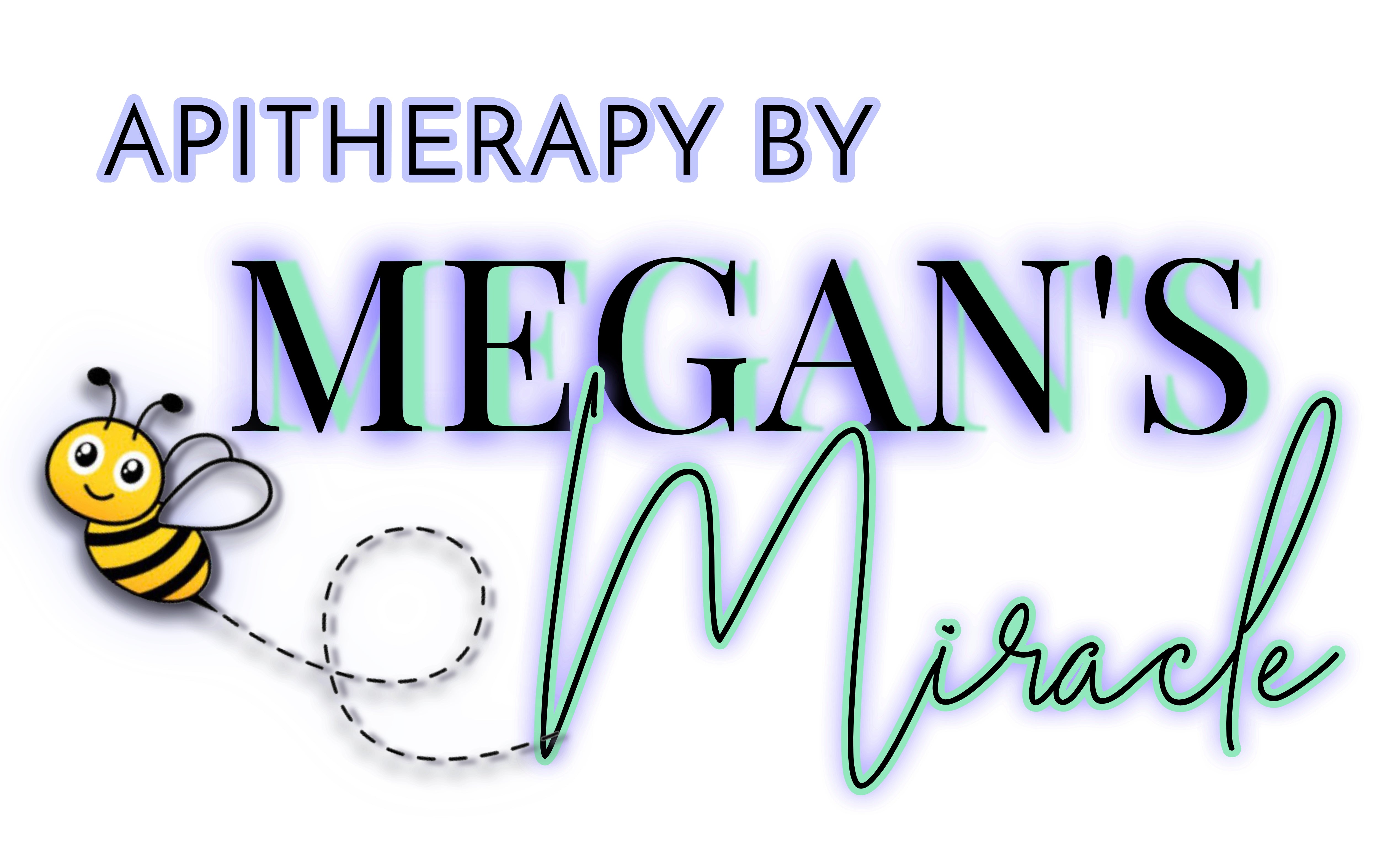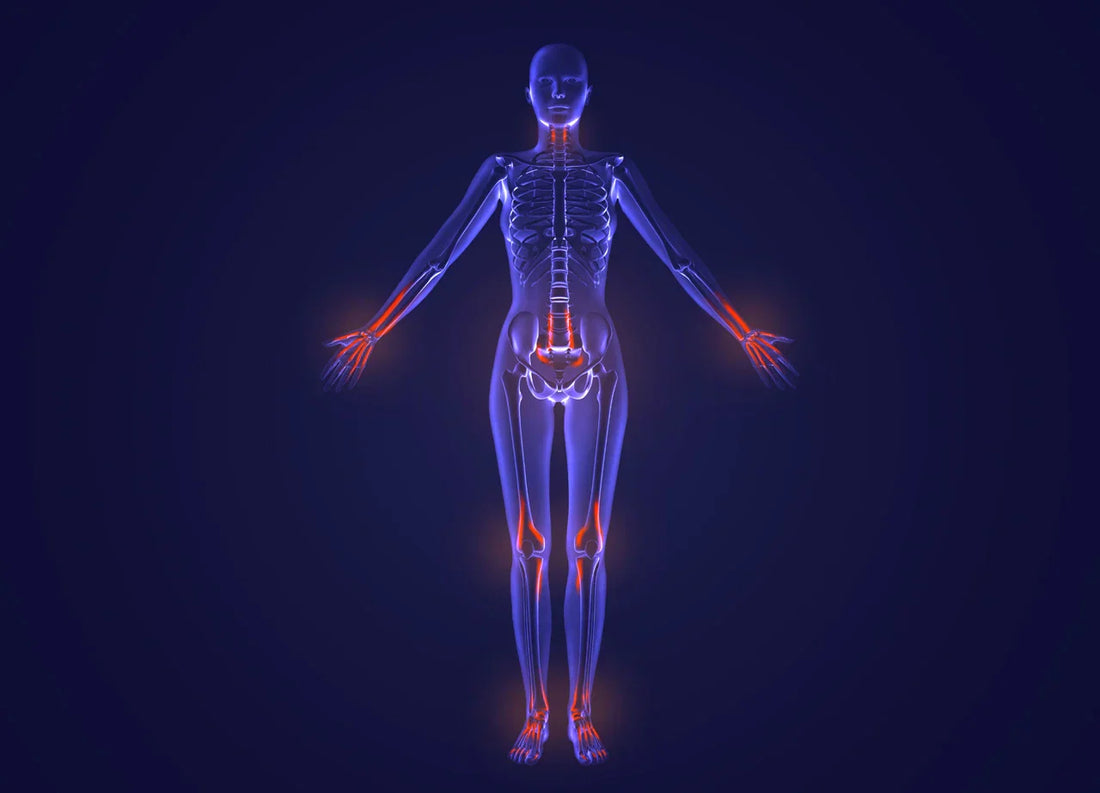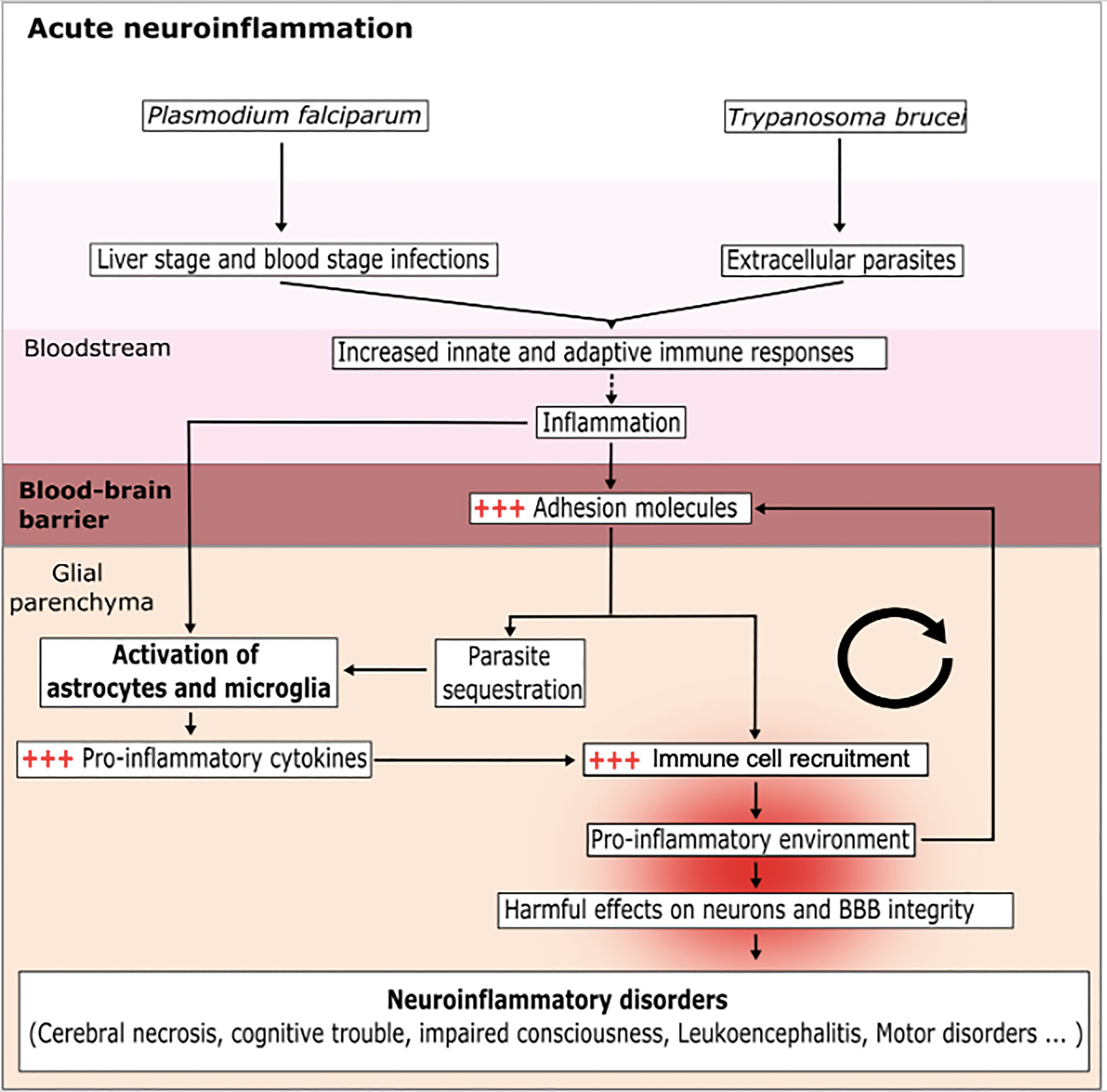Introduction: A Hidden Link Across Time
“What if the burning, buzzing, and creeping pain you’ve been told is ‘just nerve damage’ is actually a signal—one rooted in a war that began millennia ago?”
Neuropathy is typically defined as nerve damage: once nerves are injured, they don’t repair easily, leaving patients to manage symptoms with medications. But what if that paradigm is incomplete? What if parasites—those ancient cohabitants of the human body—are a missing link in the story of chronic nerve pain?
This article explores neuropathy through an ancient and modern lens, connecting the dots between historical parasite observations, modern parasitology, and overlooked causes of nerve dysfunction.
What Is Neuropathy, Really?
Neuropathy describes dysfunction in peripheral or autonomic nerves. Depending on which nerves are affected, symptoms may include:
-
Tingling or numbness (“pins and needles”)
-
Burning or electric shock sensations
-
Muscle weakness, poor coordination
-
Digestive issues, blood pressure changes, heart rate irregularities
Modern medicine often cites diabetes, chemotherapy, or traumatic injury as common causes. Yet many patients are diagnosed with “idiopathic neuropathy” — medical shorthand for “we don’t know why.”
Conventional treatment gaps: Drugs like gabapentin or duloxetine may dull pain but rarely address the cause. For many, symptoms persist or worsen, suggesting neuropathy is not always the final diagnosis but rather a symptom of a deeper imbalance.
Parasites in Ancient Medical Records
Long before microscopes, ancient physicians observed parasites:
-
Egypt (1500 BCE): The Ebers Papyrus described “intestinal disease and worms,” highlighting parasites as central to illness (National Library of Medicine).
-
Greece: Hippocratic writings mention worms linked to fever, wasting, and weakness — symptoms resembling systemic infection (University of Cambridge).
-
Rome: Galen classified intestinal worms, associating them with digestive dysfunction and poor vitality (Cambridge Parasitology Journal).
-
China: Han dynasty texts describe “worms” as both physical and spiritual disruptors of health (Medicina Historica).
Archaeologists confirm these records: remains from ancient Greece show whipworm (Trichuris) and roundworm (Ascaris) eggs in preserved soil samples (University of Cambridge).
Ancient observers recognized parasites as more than digestive nuisances. Their descriptions often overlap with systemic or neurological symptoms — the very territory neuropathy occupies today.
How Parasites Can Damage Nerves
Parasites can influence the nervous system in multiple ways:
Direct Invasion
-
Taenia solium larvae cause neurocysticercosis, embedding cysts in brain tissue and triggering seizures and inflammation (NCBI).
-
Toxoplasma gondii forms neural cysts, altering synaptic proteins and neuroinflammatory pathways (Journal of Neuroinflammation).
Immune Cross-Reactivity
Parasites trigger chronic immune activation. Cytokines, glial inflammation, and “molecular mimicry” (immune attack on host nerve tissue) can damage the myelin sheath or nerve fibers (Frontiers in Immunology).
Nutrient Theft
Helminths consume B-vitamins, iron, and copper — nutrients essential for nerve function. Chronic depletion increases vulnerability to neuropathy.
Secondary Toxins
Parasite metabolism releases toxic byproducts, further stressing mitochondria and microvasculature — both vital for nerve health (Frontiers in Immunology).
Modern Examples of Parasite-Linked Neuropathy
-
Chagas disease (Trypanosoma cruzi): Destroys enteric nerves, causing gut neuropathy and motility disorders (PLOS Pathogens).
-
Cerebral malaria: Causes neuroinflammation and post-infection neurological deficits (Frontiers in Immunology).
-
Helminth infections: Weaken vascular supply to nerves and provoke chronic inflammation.
-
Toxoplasmosis: Latent infections may subtly — or far more severely — alter cognition and contribute to neuropsychiatric illness (Journal of Neuroinflammation).
Toxoplasmosis: A Personal Lens
Latent infections with Toxoplasma gondii are widespread and usually dismissed as harmless in healthy individuals. Yet research shows they can subtly — or far more severely — alter cognition and contribute to neuropsychiatric complications in vulnerable patients.
I know this firsthand: at the onset of my most severe illness, I was diagnosed with toxoplasmosis using Darkfield Microscopy following two years of prescribed strong immunosuppressant/biological injections. Those drugs, meant to quiet the symptoms and put into remission a rare blistering autoimmune disease I had been dealing with for several years, effectively handed over my immune system on a platter. The result was an unleashed parasitic infection that became part of the broader collapse of my health — a stark reminder of how delicate the balance is between host, pathogen, and immunity.
What makes it worse is that the prescribing physicians ignored the manufacturers’ own labels and warnings: nearly every commercial for an immunosuppressant or biological medication ends with the same line — “Do not use if you have a parasitic infection.” It’s almost comedic, because there’s no way to reliably get diagnosed with parasites in the first place. Patients are told the risk by the manufacturers, but the physician has to ignore it — because the medical system offers no practical way to test, confirm, or rule out parasitic infections before prescribing. The contradiction is not just dangerous — it’s absolutely absurd.
Why This Link Is Overlooked
Why don’t neurologists — or anyone in mainstream medicine — screen for parasites in neuropathy patients?
-
Medical silos: In theory, infectious disease doctors are supposed to treat parasites. In practice, they almost never do — unless it’s an acute, textbook case like malaria or toxoplasmosis in pregnancy. Chronic or systemic parasitic infections are typically dismissed.
-
Testing blind spots: Standard stool tests miss many low-grade or tissue-based infestations.
-
Research neglect: Chronic parasitic burdens receive little Western funding.
-
Paradigm lock: The prevailing model frames neuropathy as degeneration, not systemic imbalance.
This leaves many patients with “idiopathic neuropathy” — when the real cause may simply be under-investigated.
Could Parasites Be Involved in Your Neuropathy?
Possible clues include:
-
History of GI distress, travel, or contaminated water exposure
-
Neuropathy unresponsive to conventional treatment
-
Unexplained nutrient deficiencies (B12, copper, iron)
-
Sensations of “crawling,” intermittent burning, or shifting pain
-
Co-occurrence with Lyme, mold illness, or immune dysfunction
These signs don’t prove parasites are involved, besides Lyme et al, but they all highlight the need for broader diagnostic curiosity.
Beyond Symptom Management: Root-Cause Approaches
(Not medical advice; informational only.)
Diagnostic Expansion
-
Comprehensive stool PCR, serologies for protozoa, and advanced panels
-
Nutrient and immune testing to assess cofactors
Foundational Support
-
B-vitamins, alpha-lipoic acid, omega-3s, CoQ10
-
Magnesium, trace minerals, mitochondrial support
Parasite Protocols
-
Botanical options: artemisinin, black walnut, garlic, mimosa pudica, Apitherapy
-
Pulsed dosing with detox support (binders, lymphatic drainage)
The Deal with Conventional Anti-Parasitics
-
Can be effective and only feasible before large-scale infestation takes hold.
-
Once parasites establish nests in tissues, conventional antiparasitic/antibiotic cocktails may trigger severe die-off reactions and toxic complications body-wide — in extreme cases, even death if not carefully monitored.
-
This is precisely why accessible knowledge, accurate testing, and early recognition of parasitic involvement are essential. The current system often leaves patients like me — and countless others — trapped without safe or feasible options from conventional medicine.
Immune Reset & Regeneration
-
Anti-inflammatory diets, curcumin, omega-3s
-
Vagus nerve stimulation, sleep optimization
-
Physical rehab, neuroplasticity exercises, PEMF or HBOT in clinical settings
- Apitherapy
Megan’s Miracle: Bridging the Gaps Left by Medicine
If there’s one lesson parasites and neuropathy teach us, it’s that ignoring root causes only deepens suffering. Mainstream medicine often tells patients to mask pain or accept permanent nerve damage, while refusing to explore infections and systemic triggers.
At Megan’s Miracle, our work is to challenge that gap — creating tools, protocols, and knowledge streams that help patients investigate what’s truly happening inside their bodies. From gentle, daily-use formulas, like super nourishing copper butter soap, to more targeted support, our goal isn’t to make empty promises, but to equip people with options. Because when knowledge and access are withheld, patients are left trapped — and that is the greatest injustice of all.
Reclaiming the Narrative of Neuropathy
Neuropathy doesn’t have to be reduced to “bad luck” or “nerve death.” It is a messenger — a red flag pointing to systemic imbalance. Parasites, ancient and underestimated, are too often erased from the conversation. Yet history, science, and lived experience all say otherwise: they matter.
The story of nerve pain isn’t just medical — it’s human. It’s cultural. It’s about what we choose to notice, and what we are told to forget.
And as long as patients are left carrying this absurdity alone, we will keep writing, speaking, and fighting the powers that be, to correct the record.
Final Thoughts for the Week
You’ve read my story woven through these words — but it’s not just mine. It belongs to countless others whose pain has been dismissed, misdiagnosed, or left untreated because the system refused to see the full picture.
My father, who passed unexpectedly from a probable aneurysm, over a decade ago, spent many years coping with severe neuropathy that nearly prevented him from living his best life. He tried countless surgical procedures and devices, medications and eventually learned he would simply have to live with it. And he did — despite the constant stinging and numbness that plagued his spine, arms, and legs. He was a fighter. I just wish he hadn’t had to suffer that way, never finding real help. It was tragic. It was unnecessary. And in his memory, I want desperately to end the indifference toward conditions that so profoundly shape the lives of countless people living now.
I’ll end the way I always do: by reminding you that your story matters. Your symptoms matter. Your voice matters.
And as long as I have mine, I’ll keep using it — to expose what’s been nearly erased, to challenge what’s been denied, and to prove that even in the face of silence, truth will be heard
Author’s Note
I live this reality every day. Lyme and coinfections have taken my health, my daily life, my connections, currently my face — and even my voice at times. But it has not prevented me from becoming a true Warrior. I write this not just for myself, but for every Being that is silenced, dismissed, and feeling erased.
Along with Megan’s Miracle, I continue to fight — for scientific understanding, recognition, for healing, and for hope. Western medicine may deny Morgellons exists, but we know better and so much more.
I see real *monsters* with my own eyes. I’ve felt the ongoing devastation in my own body. Suffered the real loses. I’ve got the real labs as useless *proof*. And it has taken my unexpected, near super-human strength to survive this long. I know this: the real truth cannot be erased; and neither can we.
Hang in there!
xoxo
— Meredith Finegold
Writer • Health Coach • Advocate • Patient/Warrior
George Finegold In Loving Memory




